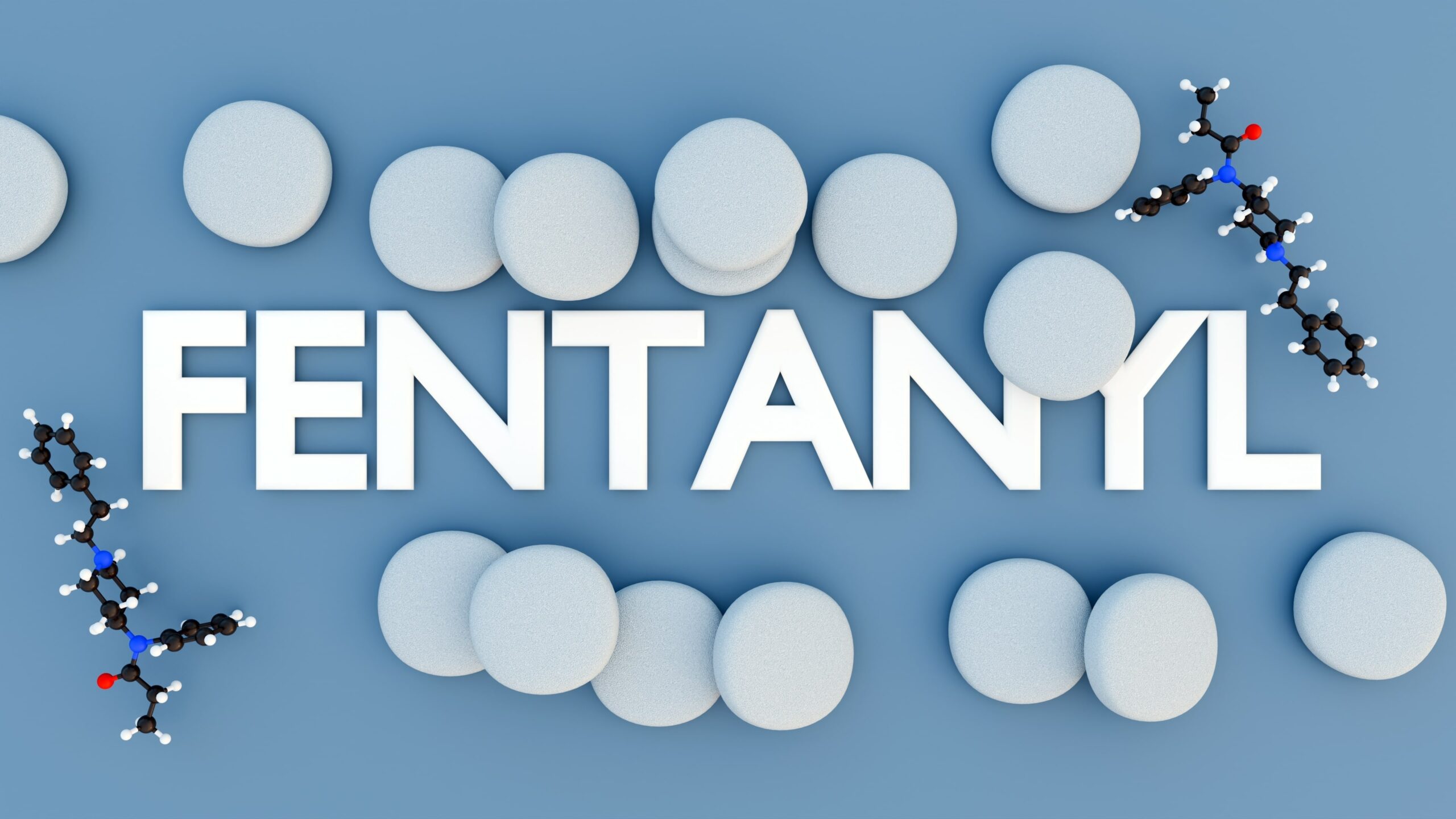Under Utah law, money laundering occurs when a transaction involves the proceeds of unlawful activity. If Utah law enforcement suspects someone of money laundering, they may try to seize the property, resulting in state or federal prosecution.
To be convicted of money laundering, the prosecution is required to show that the defendant has:
- Transported, received, or acquired property that came from unlawful activity, knowing that the property came from such unlawful activity;
- Makes the proceeds of unlawful activity available to another person via transaction, transportation, or other means, knowing that the property came from an unlawful activity or for the furtherance of unlawful activity;
- Conducts a transaction knowing the property involved in the transaction represents the proceeds of unlawful activity with the intent to:
- Promote unlawful activity,
- Conceal or disguise the nature, location, source, or ownership of the property; or
- Avoid a transaction reporting requirement.
Due to the above requirements, authorities generally must prove the inner workings of the unlawful activity before someone can be convicted of money laundering.
Utah Money Laundering Attorney
If you facing money laundering charges in Utah, you can have an experienced Utah criminal defense lawyer on your side. Criminal defense attorney Susanne Gustin at Susanne Gustin, Attorney at Law will put her combined experience of 30 years to work for you.
An accusation of money laundering could uproot your professional and personal life so do not wait much longer to contact Susanne Gustin, Attorney at Law at 801-243-2814. Susanne Gustin Attorney at Law accepts clients in Utah including Salt Lake County, Alta, Mount Olympus, Cottonwood West, East Millcreek, Herriman, East Layton, West Bountiful, Fruit Heights, Cottonwood Heights, West Valley City, West Jordan, Sandy, and South Jordan.
Information Center
- What Are The Penalties For Money Laundering?
- Probation
- Federal Penalty
- What Are The Defenses To Money Laundering?
- Additional Resources
What Are The Penalties For Money Laundering?
Generally, money laundering results in a felony offense dependent on the degree assigned to the money laundering charge.
- Third-Degree Felony – a fine of up to $5,000 and up to five years in prison.
- Second-Degree Felony – a fine of up to $10,000 and up to 15 years in prison.
Additionally, the defendant may be required to pay restitution to the victim of their crimes. For example, this means that if the victim incurred damage of $2,000 as a result of the money laundering, the defendant might be required to pay the court fines and pay the victim $2,000 in restitution.
There are also several aggravating factors, such as involving law enforcement, laundering a large amount of money, or having a history of money laundering. In addition to aggravating factors, there may be mitigating factors such as being a first-time offender or playing a passive role in the crime that may result in probation instead of jail time.
Probation
In some situations, courts can impose probation on defendants convicted of money laundering. Typically, probation allows someone to avoid prison time with several conditions. For example, instead of someone going to jail, they will be put on house arrest and be required to submit drug tests and avoid other felons.
Federal Penalty
If the money laundering crosses state lines, a Utah citizen may be charged with federal money laundering, which may result in up to $500,000 in fines.
What Are The Defenses To Money Laundering?
There are a variety of defenses that may be used to help a defendant charged with money laundering, including but not limited to:
- No unlawful activity
- Lack of evidence
- Lack of knowledge
No Unlawful Activity
If no unlawful activity is performed, the defendant cannot be convicted for money laundering as the prosecution must prove that unlawful activity was performed. Therefore, if someone is being charged for money laundering, but they have not been privy to any unlawful activity, they should hire an experienced attorney to review their case and set up the best defense strategy to get the case dismissed or the charges lowered.
Lack Of Knowledge
Money laundering requires the defendant to know that the money they are moving or using in a transaction was obtained through unlawful activity. Therefore, if the defendant is unaware that the money was obtained through unlawful activity, they likely cannot be convicted for money laundering. For example, if someone receives a $100 bill from a gas station that was obtained through unlawful activity and they then use that money at another store, while they technically transacted with money obtained through unlawful activity, they did not knowingly use the unlawful money. They cannot be convicted of money laundering.
Additional Resources
Attorney General Website – This website provides more information regarding current cases, laws, and regulations within Utah.
United States Department of Treasury – This website provides more information about how the United States is attempting to combat money laundering within the United States.
Utah Money Laundering Lawyer | Salt Lake County, UT
If you or someone you know has been arrested for money laundering in Utah, contact criminal defense attorney Susanne Gustin at Susanne Gustin, Attorney at Law. She will work to build a defense that will challenge the prosecution’s evidence and show the reasonable doubt in their case.
Call 801-243-2814 to schedule a free, initial consultation. Susanne Gustin Attorney at Law accepts cases in Salt Lake County, UT, Weber County, Utah County, Wasatch County, Summit County, Morgan County, Davis County, Cache County, Tooele County, and Box Elder County.



